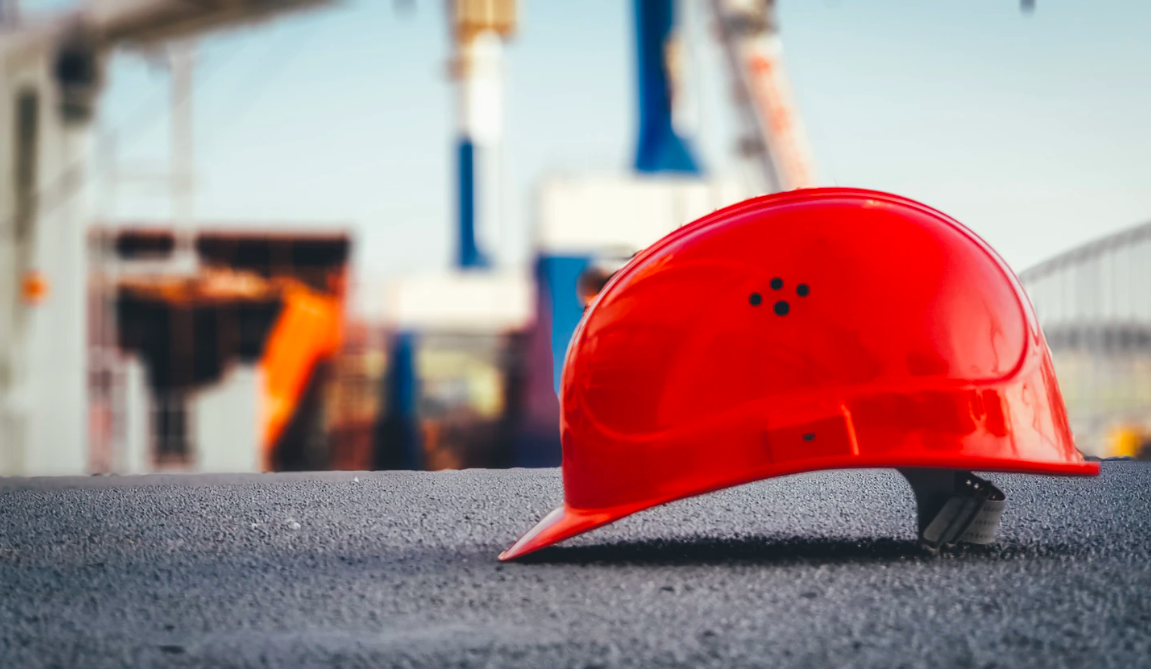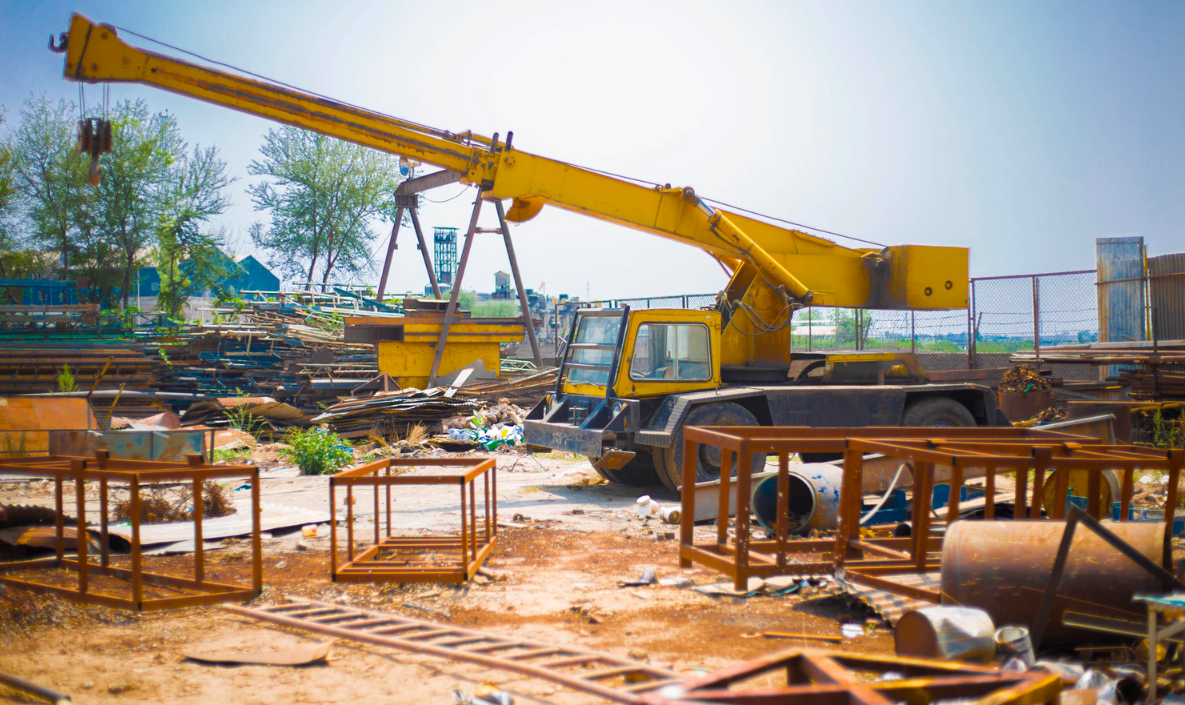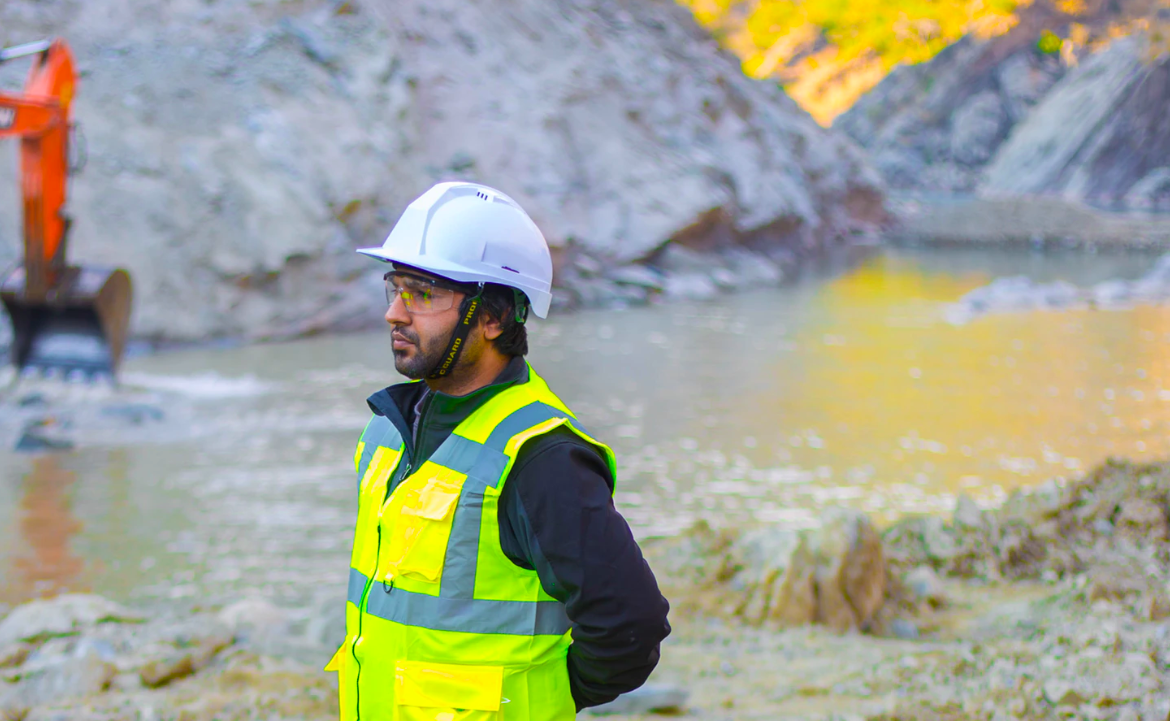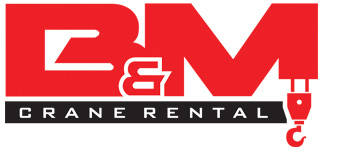There are no two ways about it. There are certain jobs that only a crane can do. However, renting cranes can be expensive and risky. These are massive and powerful pieces of equipment that should be used with the utmost care and responsibility. Accidents can easily happen if the crane or its operator isn’t up to the task. This can lead to delays, injuries, or even damage to property – all of which can be extremely expensive to fix.

As such, there are many important things to consider before you take on the responsibility of hiring a crane. Doing your due diligence will give you the best chance of making a smart crane rental decision.
What kind of crane do you need for your job?
There are two main types of cranes: stationary and mobile cranes. Stationary cranes like level luffing or skyscraper cranes are used on long-term construction sites and are usually very expensive to install and maintain. Mobile cranes are used for most construction projects.
Usually, when renting a crane, you are talking about a mobile crane that’s attached to a vehicle. However, even among mobile cranes, there are important considerations to make.
For example, if your worksite has loose ground, you need a crawler crane that runs on tracks instead of tires. If you need to drive the crane far to the job site, a roadworthy truck crane will be the cheaper and easier option. There are also off-road cranes specifically made for reaching worksites off the beaten track.
The conditions and the type of lifting you need to do will also determine what kind of crane you need. If you need to lift workers in a trolley to work at an elevated level, a telescopic boom crane is what you’re looking for. If you need more lateral control, you should go with a jib boom crane.
Also, make sure you plan out your work scope so you can estimate how long you will need the crane.
Last, but not least, you should consider the maximum capacity and reach of the crane. If a crane can’t extend as high or lift as much as you need, it will be pretty useless.
Picking the right crane will not only save you time and money but will also make the site a lot safer. Cranes work at extremely high thresholds, and not choosing the right crane can lead to a hazardous work environment.
The crane rental company’s reputation
The internet is a wonderful thing, you can find just about any information on anyone online. Before you settle on a rental company, try and establish their reputation. You can look for user reviews on their site, online forums, or even social media.
Even if customers experienced issues, try to see how well the rental company handled and resolved it. Also, try to see how transparent and contactable a rental company is. They should provide an email address, phone number, and business location at the very least.
When contacting the rental company, you should also be able to check the certifications of their operators, maintenance records, etc. If you are hiring an operator with the crane, try and determine their competency and service from word-of-mouth as well.
If it’s a local rental company, you should be able to find some word-of-mouth feedback from previous customers. This is invaluable information as any company can talk positively about themselves.
If you have the option, it is also smart to go with the larger rental company. The more cranes they have in their fleet, the higher the chances are they can meet your exact requirements or supply a replacement in an emergency.
Remember that there are also different sectors or types of construction projects. Try and see how much experience the crane rental service has for your particular project. The more experience they have, the better the grasp of the challenges, hazards, etc. they will have.
You may also want to check the exact brands or models of cranes they use. Then, you can check reviews for that equipment to see if it’s something you are comfortable using on your worksite.
Read your contract, twice
First of all, if the rental company doesn’t provide a contract, don’t even consider going any further. If they do provide a contract, make sure you read it very carefully before signing it. Crane equipment can cost hundreds of thousands (or even millions) of dollars, and taking on the responsibility of it shouldn’t be taken lightly.

The agreement should tell you:
- Who is liable when certain incidents or accidents occur
- The responsible party for maintenance, cleaning, servicing during the rental period
- Who should pay any fees or taxes related to the equipment
- The period of the rental, and how extensions/overage costs work
- Who will provide the operator and what their duties and responsibilities are
- Whether a replacement crane can be provided if the original one is not suitable or something goes wrong with it
Many unexpected things can happen on a construction site. You may run into a long, or even indefinite, halt of your activities. Your requirements may also change halfway through the project. If your rental company provides any flexibility or leeway to return or exchange equipment early, that’s a huge plus.
You will have to assess these conditions to decide whether a flat rate or hourly/daily/weekly rate makes more sense. If there is a high possibility of delays, a flat project rate might be more risk-averse, even if it initially costs more.
These contracts can be quite complex, especially where risk transfer and insurance come in to play. So, if you’re at all unsure, you should hire a professional contract lawyer to look it over on your behalf.
Who will supply the crane operator?
In most cases, it’s advisable to take a package deal that includes the operator with the crane. Chances are that the rental company already has professional, experienced operators who are familiar with the equipment. You may also save some money and admin as the operator’s pay and employment is covered by the rental company.
However, you should still make sure that the operator has qualifications specifically for your job. OSHA (Occupational Health and Safety Administration) recently refreshed their requirements and guidelines for crane operators. Operators are now required to be certified to operate specific types of cranes or cranes with certain capacities.
Individual crane operators usually charge by the hour, so this can get expensive in the long run. However, you should still check the contract as you may be liable to pay extra in case of delays, etc.
Has the crane been regularly inspected and serviced?
Unfortunately, ignorance is not a valid defense when it comes to insurance or other issues. It’s up to you to do your due diligence and make sure the crane you rent is in good working order. According to OSHA, all cranes need to be inspected annually (some even more frequently).
Any reputable crane rental company will provide you with the service record of their equipment. You should also be allowed to inspect the equipment independently. When doing so, make sure you note everything about the condition of the crane. When giving the crane back at the end of the rental period, go over the process again to assess any change.

If there are any disputes, having these facts in black and white will be your only defense. It’s also worth remembering that you will be responsible for the crane’s general maintenance, cleaning, etc. while it’s in your hands. However, as always, consult your contract to determine exactly what your responsibilities are.
Make sure you are covered by insurance
Insurance can be a tricky subject when crane rental is involved. Who bears responsibility when something goes wrong? The owner or the hirer? After all, you will likely be hiring the crane for some time.
Injuries, worksite incidents, or damage to 3rd party properties can be incredibly expensive unexpected costs. That’s why you should always get professional insurance consulting to make sure your liabilities are covered. Damage to the hired crane equipment, operator, your worksite injuries, and third parties should be covered.
In most cases, a crane rental company provides an operator with the crane. The rental company is responsible for the crane up until this point by making sure it’s in good operating condition and its inspection is up to date.
From the moment the crane is rented out, the risk transfers to the hirer. They are responsible for maintaining the crane and even repairing it in case it breaks down. The same goes for any worksite accidents that lead to injuries or damage to property.
It’s hard to pin the cause of any workplace incidents down to problems with the crane before you rented it. It’s a safer bet to make sure you have adequate insurance coverage in place. At worst, you can end up having to buy the crane from the rental company.
For insurance purposes, it’s crucial that you inspect the crane yourself and understand the contract. If you’re lucky, the rental company will provide insurance or be able to put you in contact with an insurance agency.
Other important considerations for crane rental
As we mentioned, the decision to rent a crane for your project should never be taken lightly. There are many other factors pertaining to the type of work, schedule, the site itself, and which cranes are available. These steps will also help make the process before, during, and after renting the crane much easier and less stressful.
Be sure to:
- Book far enough in advance to avoid delays and to give yourself time to get a good deal.
- Think about the logistics of transporting the crane to and from the worksite, especially if hauling the equipment. It may affect your schedule and costs.
- Look into the permits you need to acquire for operating a crane in your city.
- Prepare the worksite and organize it so the crane can be operated smoothly. Make sure there is enough space, especially if you’re using outriggers and that the materials to be lifted are logically arranged. The same goes for making sure the crane has access to the site.
- Prepare all useful information and give it to the crane rental company so that they can give you informed, expert advice.
- Frequently communicate with the rental service. If there are delays or there is a problem with the equipment, it’s better to sort it out sooner than later.
- Check if the rental company includes equipment for free. For example, if you need a spreader beam or similar lifting equipment. Otherwise, you might need to buy or rent these separately.
- Schedule your crane operating hours ahead of time. This will ensure that you can get the most work done in the smallest amount of time by preparing the site appropriately.
- Make sure that your site supervisor is always on hand when the crane is in service.
- Remember, you might need more hands when operating the crane, for example, if you need to use lead lines.

Improve your worksite in every way by choosing the right crane
A crane is one of the most important pieces of equipment on any construction worksite. Choosing the right crane for the job will be a boon for your project while the wrong one will drag it down. The same goes for doing business with a reputable crane company and agreeing to a contract with reasonable terms.
On a worksite with such heavy-duty equipment, anything can go wrong at any moment, despite the best foreman and workers. Make sure you’re protected whenever renting a crane and that you have a clear way forward in case of disaster. Being proactive, like noting the condition of the crane on receiving and returning it, is the way to go.
Read this guide carefully and keep it close at hand to refer to the next time you rent a crane. However, don’t hesitate to ask for professional help from a lawyer or consultant if anything is unclear in your contract.

